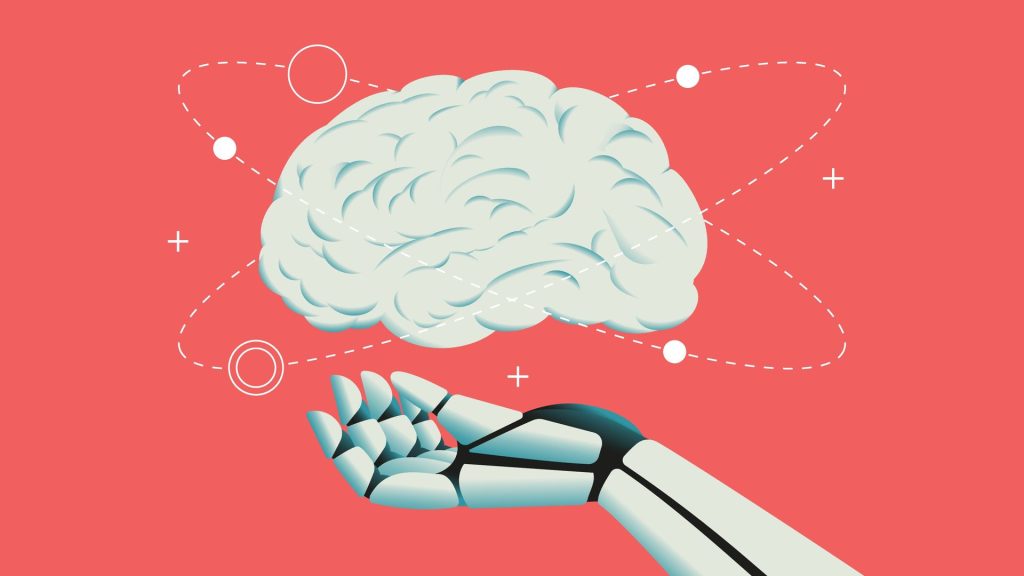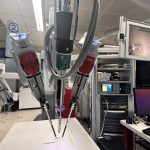The Rise of Centaur: A New AI Model for Predicting Human Thought
A groundbreaking artificial intelligence (AI) model named Centaur has been developed to predict and simulate human thought and behavior with remarkable accuracy. This innovation could revolutionize the field of psychology by enhancing our understanding of human cognition. The model was trained on an extensive dataset comprising over 10 million real decisions made by participants in psychological experiments, allowing it to predict and simulate human thinking and behavior with a 64% accuracy rate, as reported in the journal Nature.
What Makes Centaur Unique?
Centaur is an AI model designed to mimic human cognition. It was trained on a comprehensive dataset known as Psych-101, which includes data from 60,000 individuals who made over 10 million choices across 160 psychology experiments. According to the study, this dataset is considered the largest of its kind globally. Marcel Binz, the lead author of the study and a research scientist at the Helmholtz Institute for Human-Centered AI in Germany, explained that the model is shown a complete transcript of a psychological experiment, including everything a participant was told, saw, and did.
The researchers then tested the model’s ability to predict the choices made by participants in specific contexts. If the model predicted a choice that a participant did not make, the team would refine the model by correcting its prediction. This iterative process continued until Centaur consistently made accurate predictions.
Advancements in AI and Human Behavior Prediction
Compared to previous AI models, Centaur demonstrates superior predictive capabilities. Brenden Lake, a researcher at New York University who studies psychology and data science, noted that Centaur represents a significant step forward in its ability to predict human behavior.
One of the most notable features of Centaur is its ability to anticipate human choices in scenarios it has never encountered during training. Additionally, the model can adapt to changing situations and predict human reaction times. Binz described the model as a “virtual laboratory,” capable of predicting human behavior in any situation described in natural language.
Expanding the Capabilities of Centaur
Binz and his team are planning to enhance the model further. They aim to expand the Psych-101 dataset to include demographic and psychological information such as age, socioeconomic status, and personality traits. These details will allow Centaur to make more accurate predictions based on individual characteristics.
Their next objective is to use Centaur as a proxy for the human brain to explore whether certain patterns observed in the model’s data processing correlate with specific decisions. This could provide valuable insights into how people process information and how decision-making varies between individuals with and without mental health conditions.
The Mystery of Centaur’s Inner Workings
Despite its impressive performance, one key question remains: does Centaur merely predict human thought, or does it replicate the underlying cognitive processes? According to Lake, this is a critical area of inquiry. “Is it modeling human mental processes, or just mimicking the outcomes?” he asked.
Potential Applications in Psychology and Health Research
Centaur has the potential to significantly impact psychology and health research. Its applications could range from predicting human behavior in clinical settings to prototyping and analyzing psychology experiments. For instance, scientists could use the model to determine the best way to design an experiment that demonstrates a phenomenon effectively or requires fewer participants.
Lake is particularly excited about the educational possibilities. He envisions a future where the model could predict how students learn and reason through problems, enabling educators to simulate the effects of different teaching strategies—a potential game changer for education.
Conclusion
As research continues, Centaur represents a major leap forward in understanding human cognition through AI. With ongoing improvements and expanded datasets, this model could unlock new insights into the complexities of the human mind, offering exciting possibilities for both scientific research and practical applications.


